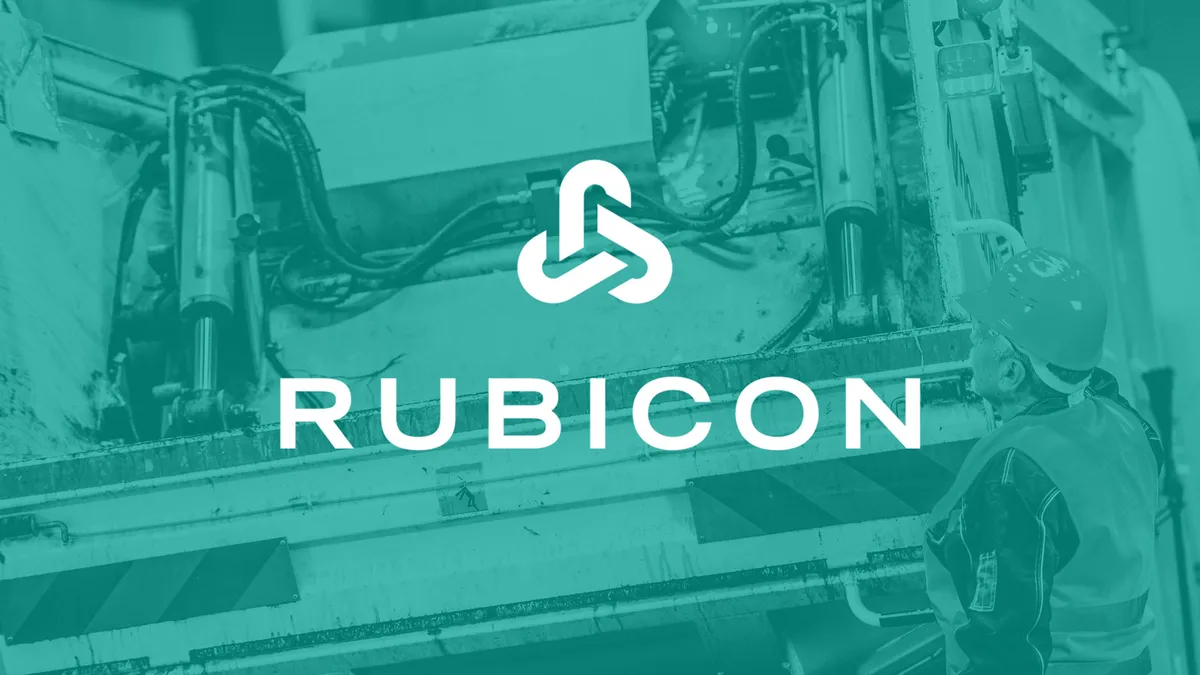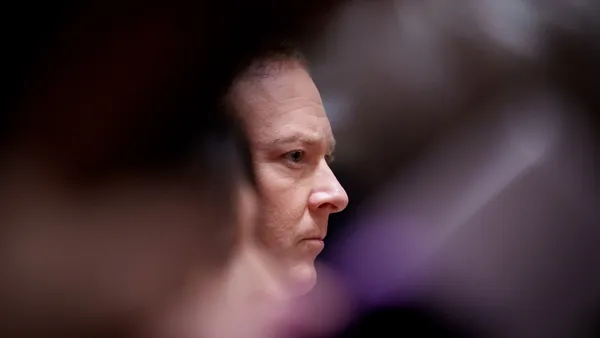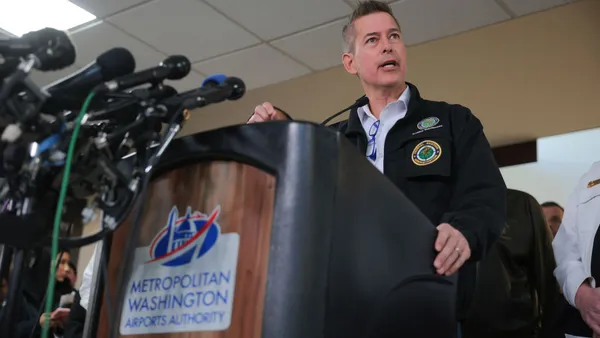Dive Brief:
- The city of Irving, TX has selected technology company Rubicon Global as its partner for a six-month pilot that aims to optimize residential waste and recycling services.
- Each of the city's 40 collection vehicles will be equipped with a smartphone and an on-board computer plug-in device to access the RUBICONSmartCity platform. The tech will enable real-time service confirmations, GPS vehicle tracking and documentation of driver issues; it will also provide data on vehicle patterns and routing to help the city improve efficiency and customer service.
- Rubicon has rolled the platform out in more than 30 U.S. cities, including Atlanta; Philadelphia; Montgomery, AL and Spokane, WA. The platform is also available through the Amazon Web Services (AWS) marketplace.
Dive Insight:
Despite Irving's small population of 240,000, it is positioning itself as a competitor in the smart city-saturated state of Texas. The city introduced its Irving Connects initiative to enhance data use and collection this past January in an effort to improve residents' quality of life and "remain a front runner in the North Texas area for attracting and retaining top corporations." While some city leaders have warned their peers about this focus on "luring the big fish" of tech corporations, Irving's ambitions seem poised to help the city rise out of the shadows of its neighbor Dallas.
By partnering with Rubicon to enhance waste and recycling services, Irving takes a holistic approach to its smart city vision from the get-go. (Many cities choose to focus on enhancing transportation and IT departments before shifting to more traditionally-operated departments, such as sanitation.) Since its launch in 2008, Rubicon has touted itself as an advanced, innovative technology company offering waste and recycling solutions, and it has worked hard to maintain this image. Despite some corporate restructuring, Rubicon's smart city arm has gained momentum, and will likely remain a priority for the company.
However, details are light on exactly how this partnership will be rolled out and funded. In Spokane, the Rubicon partnership was built on a monthly software subscription model to the tune of nearly $160,000 a year, plus a $94,000 upfront cost for equipment and training, according to Waste Dive. While the contract with Irving is likely not as pricey due to the city's size and pilot length, paying for new technology — as with most smart city projects — will come at a considerable cost.











